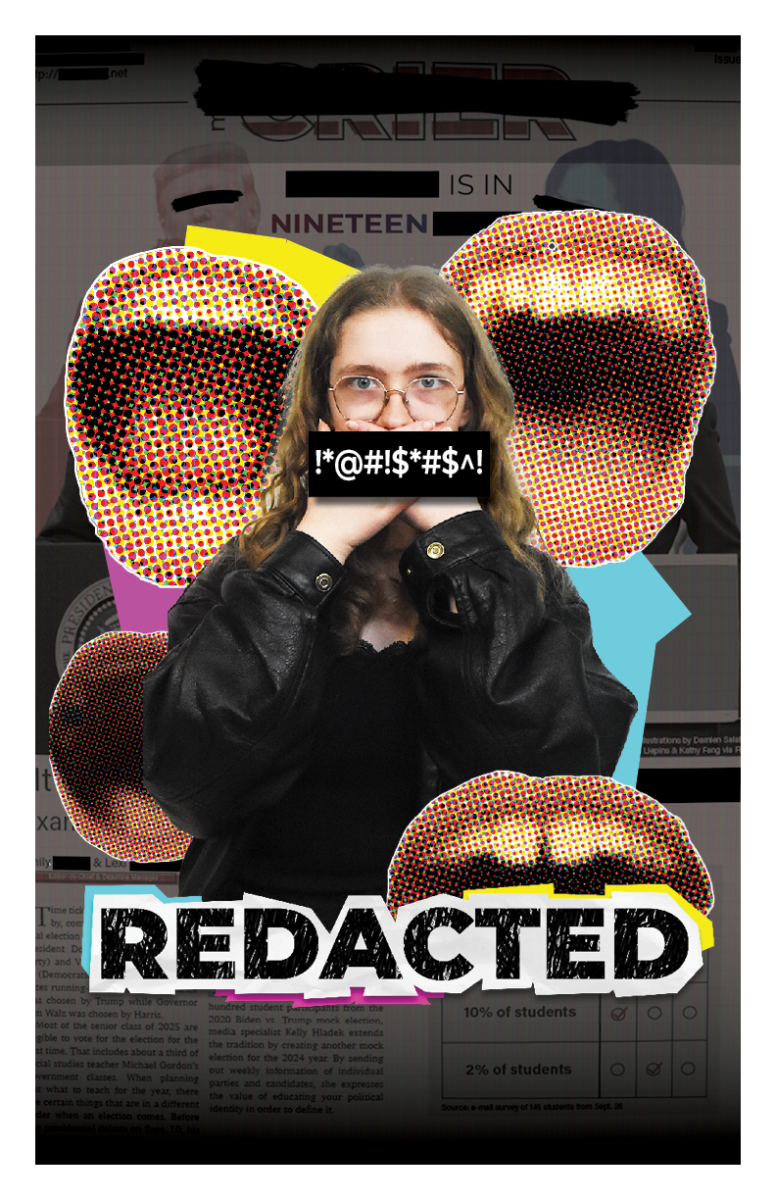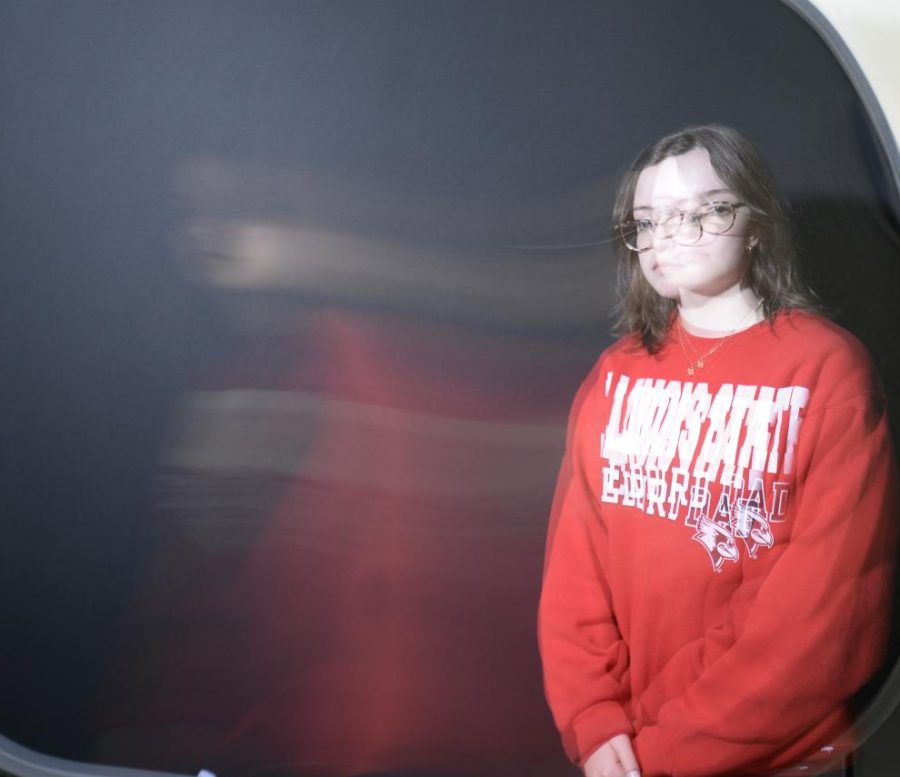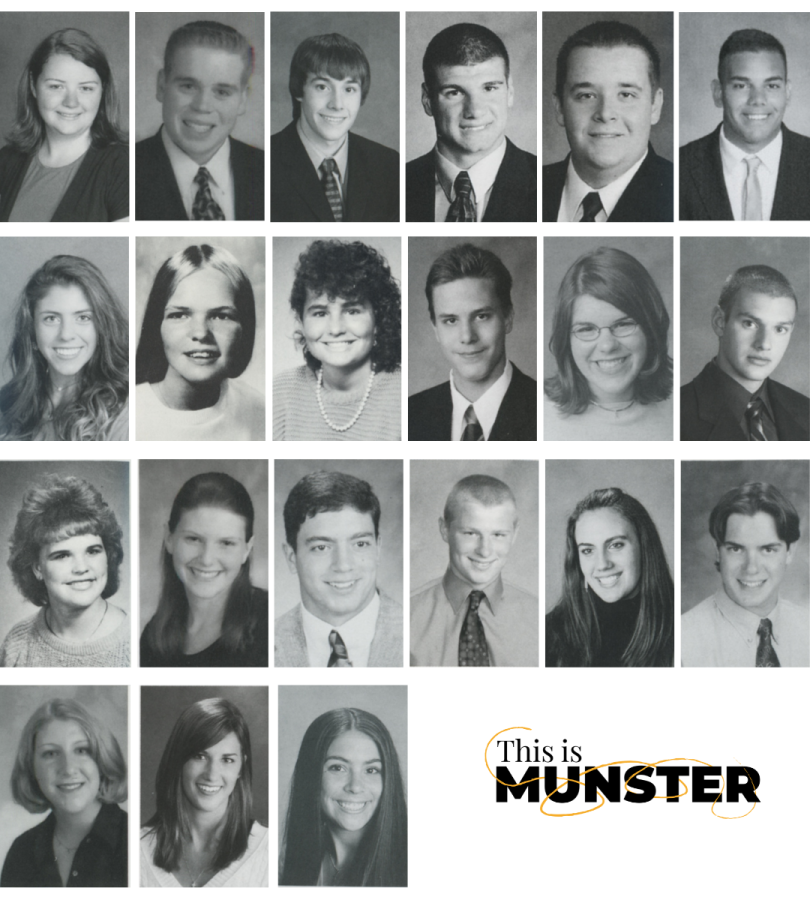Column: Music transcends race
April 21, 2021
“I don’t like that ‘urban’ word—it’s just a politically correct way to say the n-word to me.”
In the wake of receiving his first Grammy for best rap album for his work, IGOR, last year, Tyler the Creator spoke these words, shedding light on an issue that is much more poignant than a single incident of artist dissatisfaction.
Despite the elapsed time between then and this year’s award season, artists are still wrestling with the same issue Tyler implied. The Weeknd, among other artists, even chose to boycott the Grammys this year, once again drawing attention to the pigeonholing certain artists face when seeking recognition from the large American awards.
Last year, Tyler’s Grammy win for best rap album was overshadowed by the fact that it simply was not hip-hop. Despite both promoting his album (and it being recognized as) an experimental exploration away from the hip-hop/rap genre, IGOR’s nomination was among the likes of hip-hop artists 21 Savage, Meek Mill and YBN Cordae. IGOR was written off as another one of the artist’s hip-hop albums, with the only correlation between Tyler’s work and the rest of the nominees being the presence of a few featured rappers, something that even some pop songs have today.
Tyler is also not the only artist to call out the music industry for its drawing of racial lines—in 2014 FKA Twigs, another notably Black, genre-bending artist, revealed the stark contrast in reaction to her music before and after photos of herself were revealed. Six months following her first musical release, she witnessed her transformation from being an artist “without genre” to an alternative R&B singer.
This isolation of black musicians is not only detrimental to the recognition of black artists, but impacts listeners as well. Though no one is barred from listening to any genre they choose, expectations remain surrounding social and racial groups, and the music they consume. By using R&B and Hip Hop as the basis of identifying Black artists, both black musicians and Bwlack listeners are told that they are incapable of creating and consuming music beyond one genre, and do not receive recognition for the development of new sounds until much later.










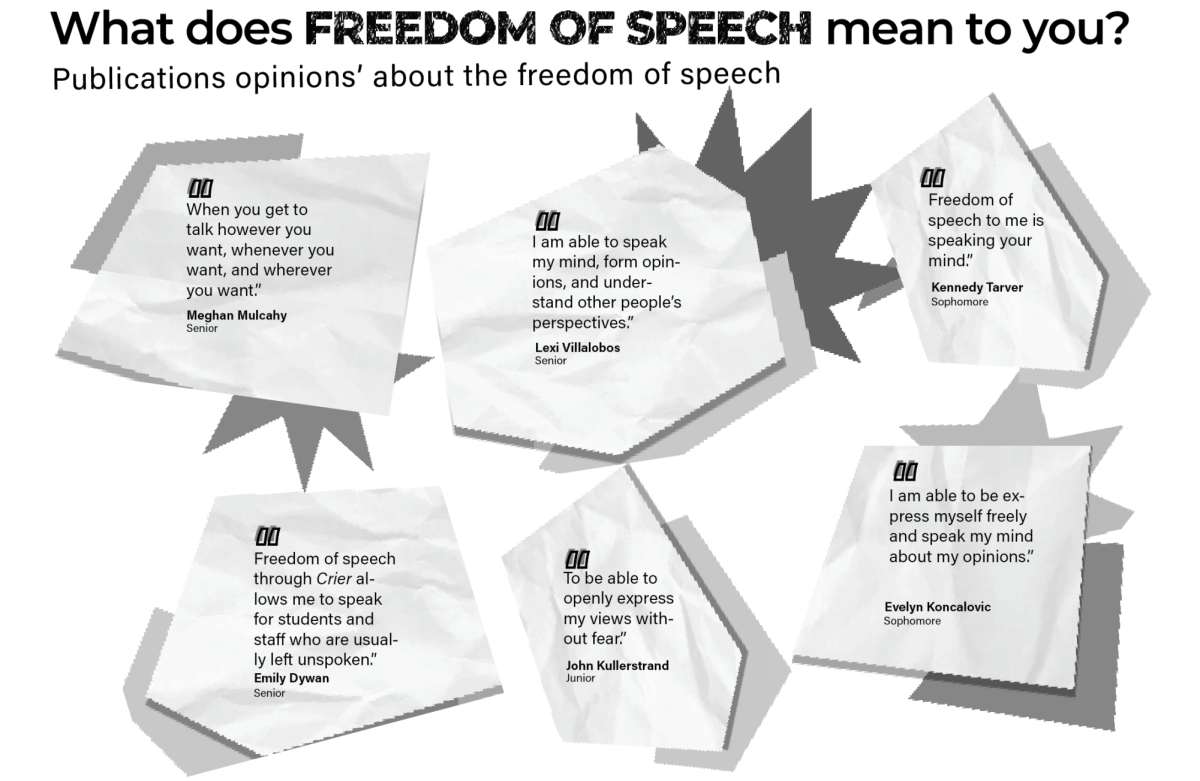



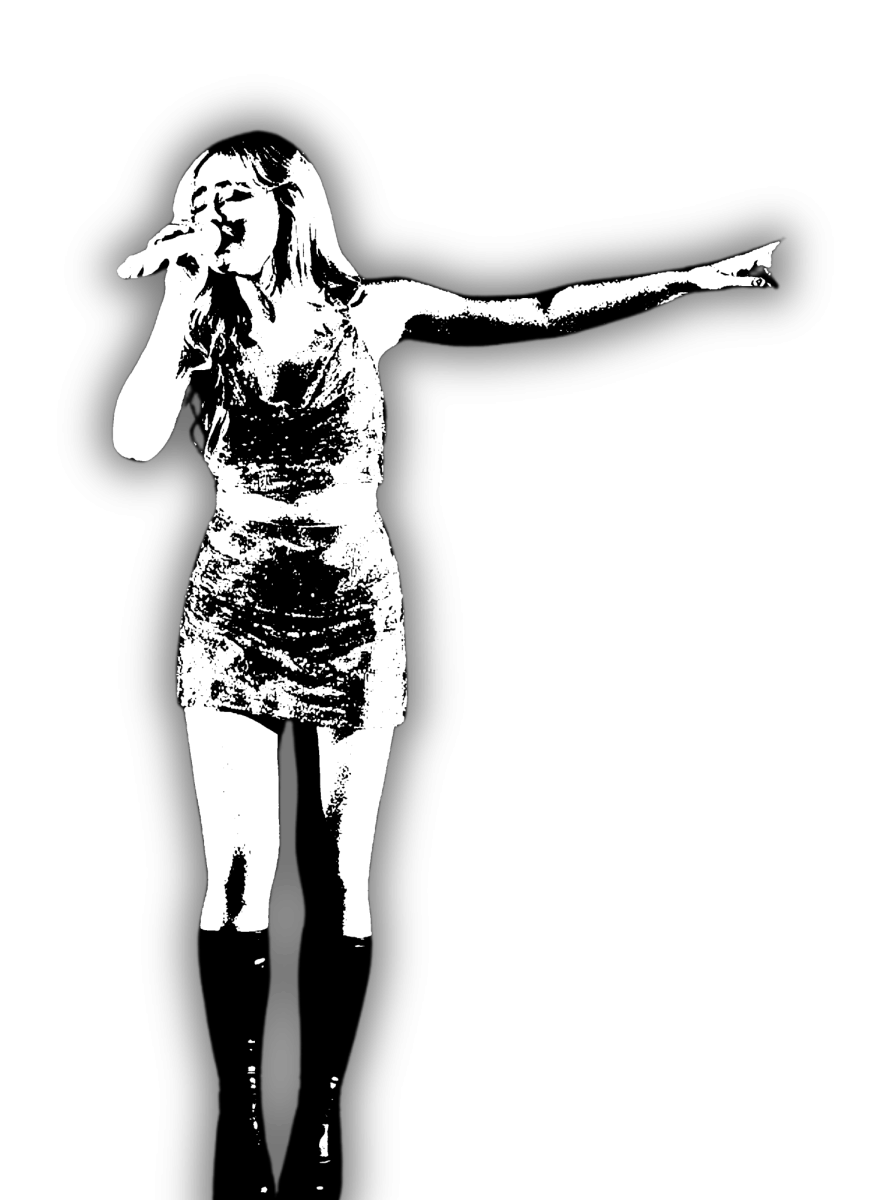

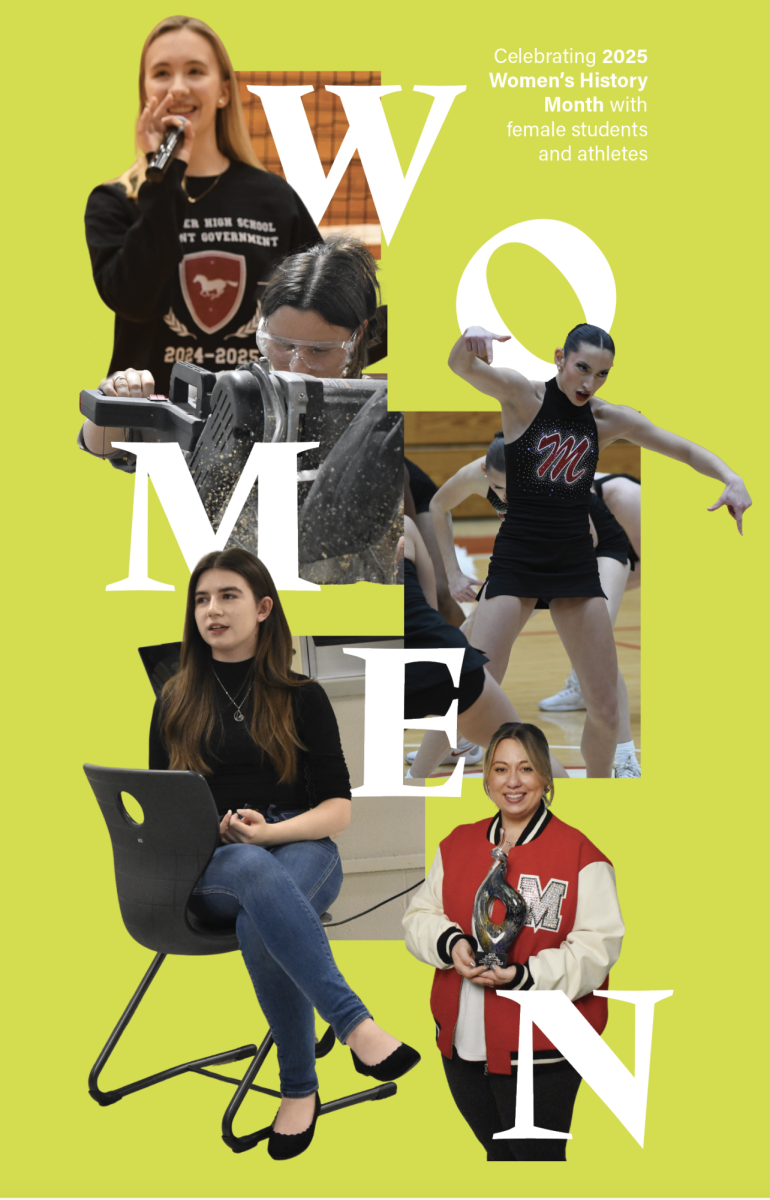
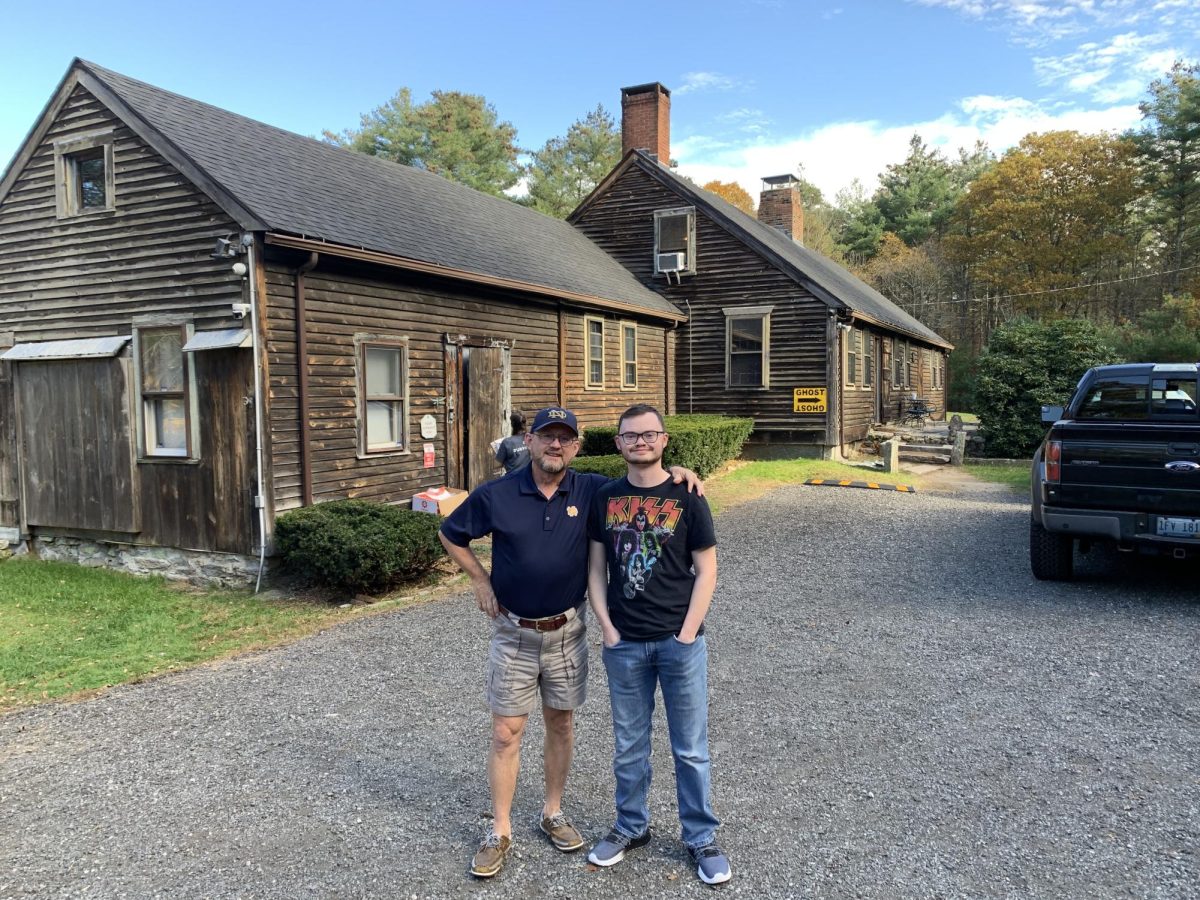
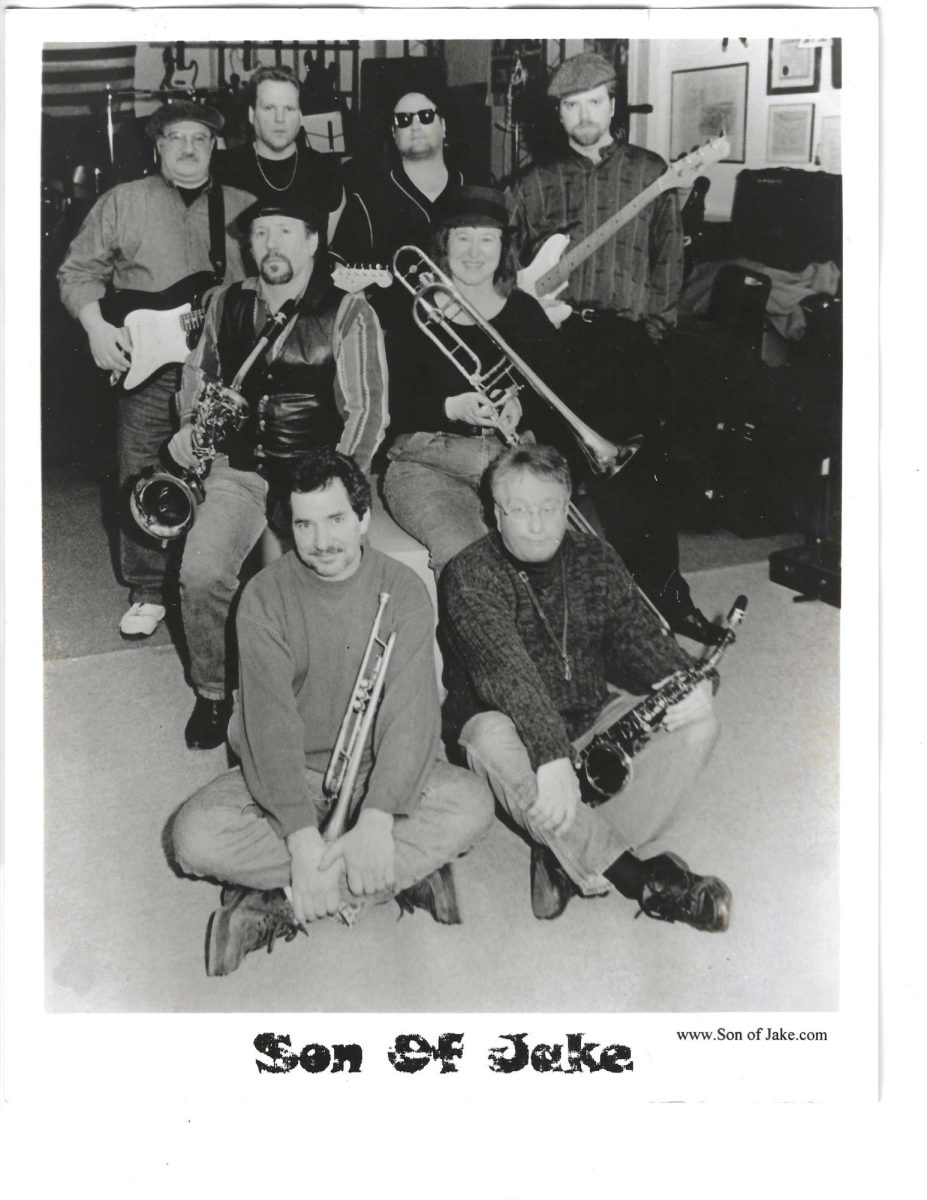




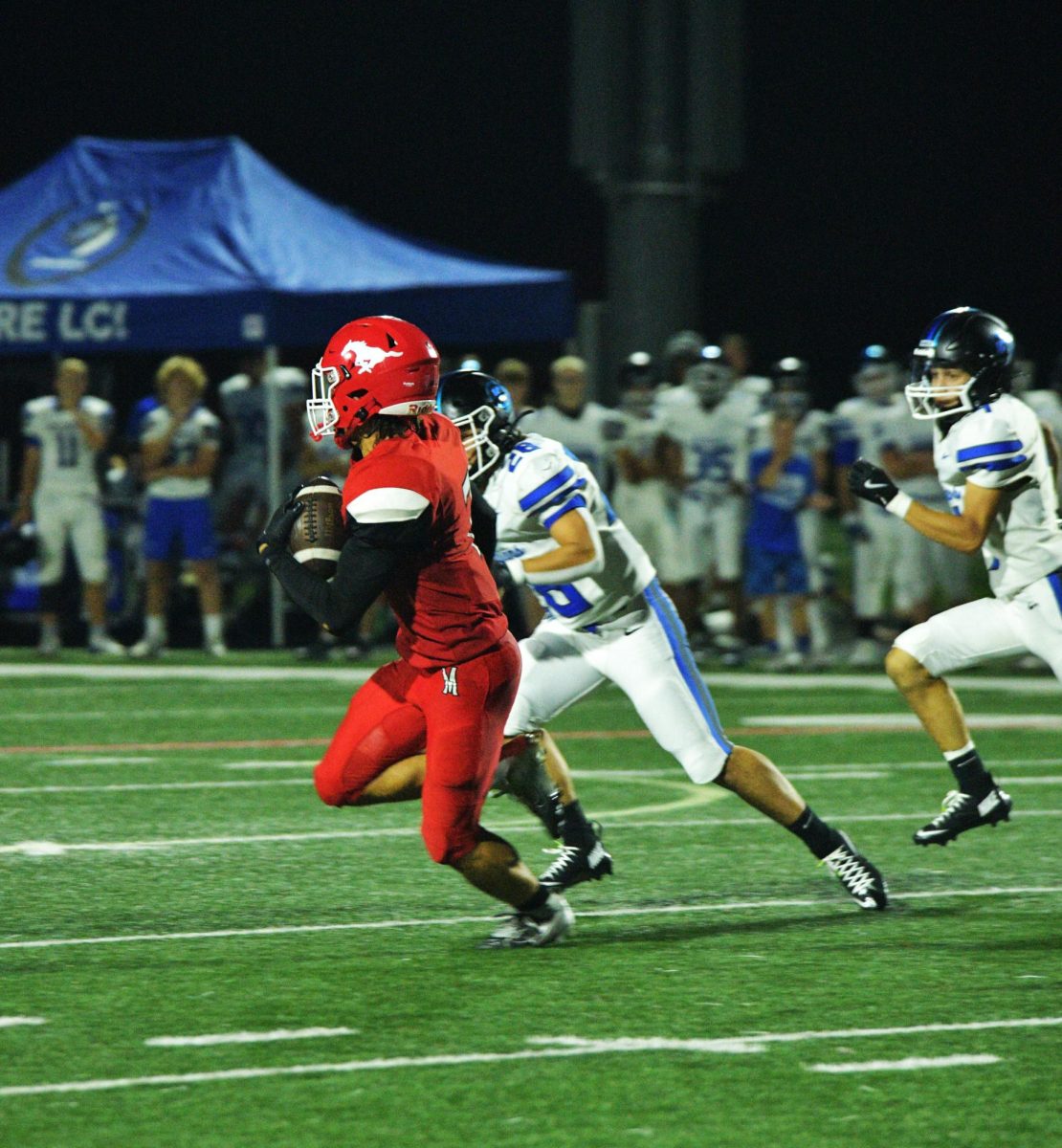


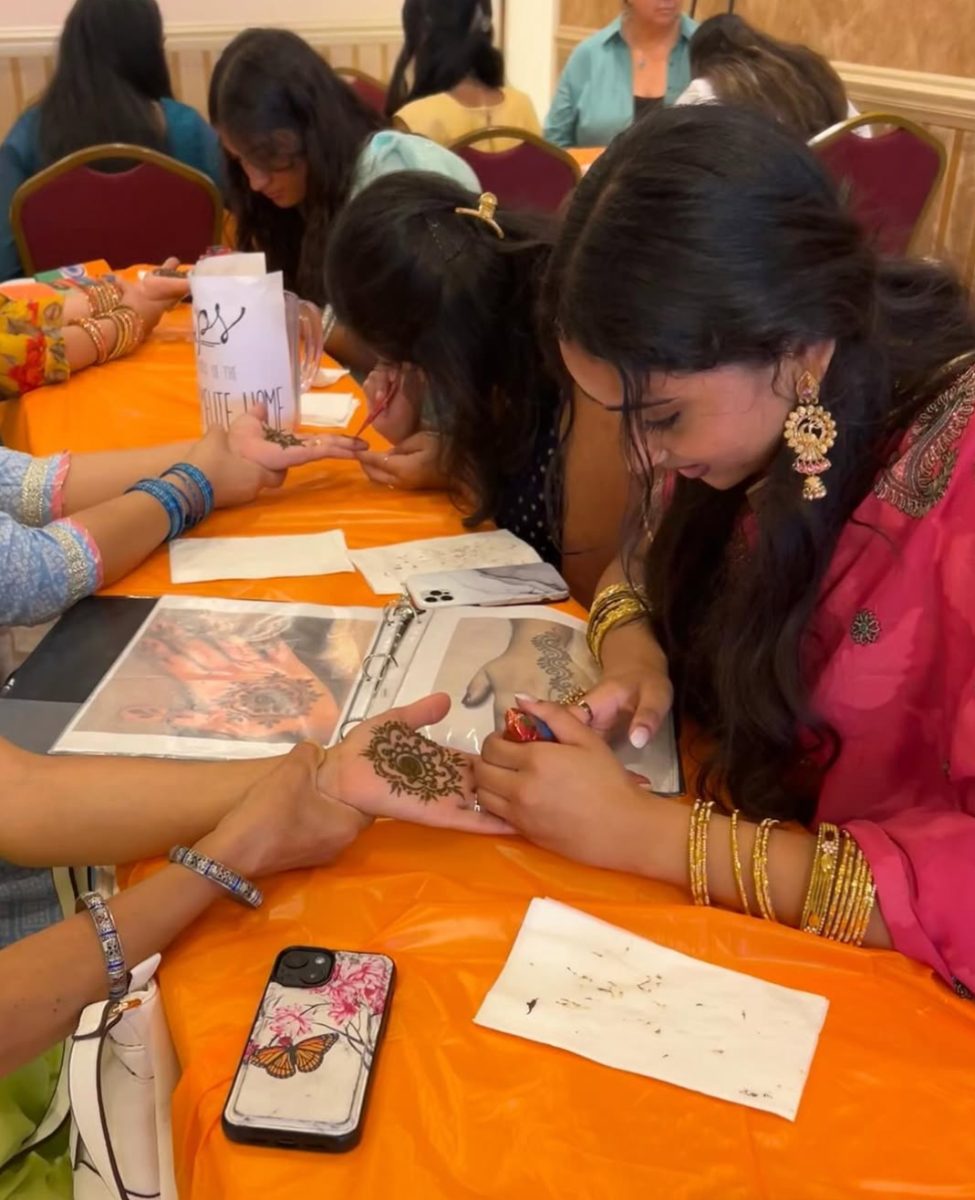

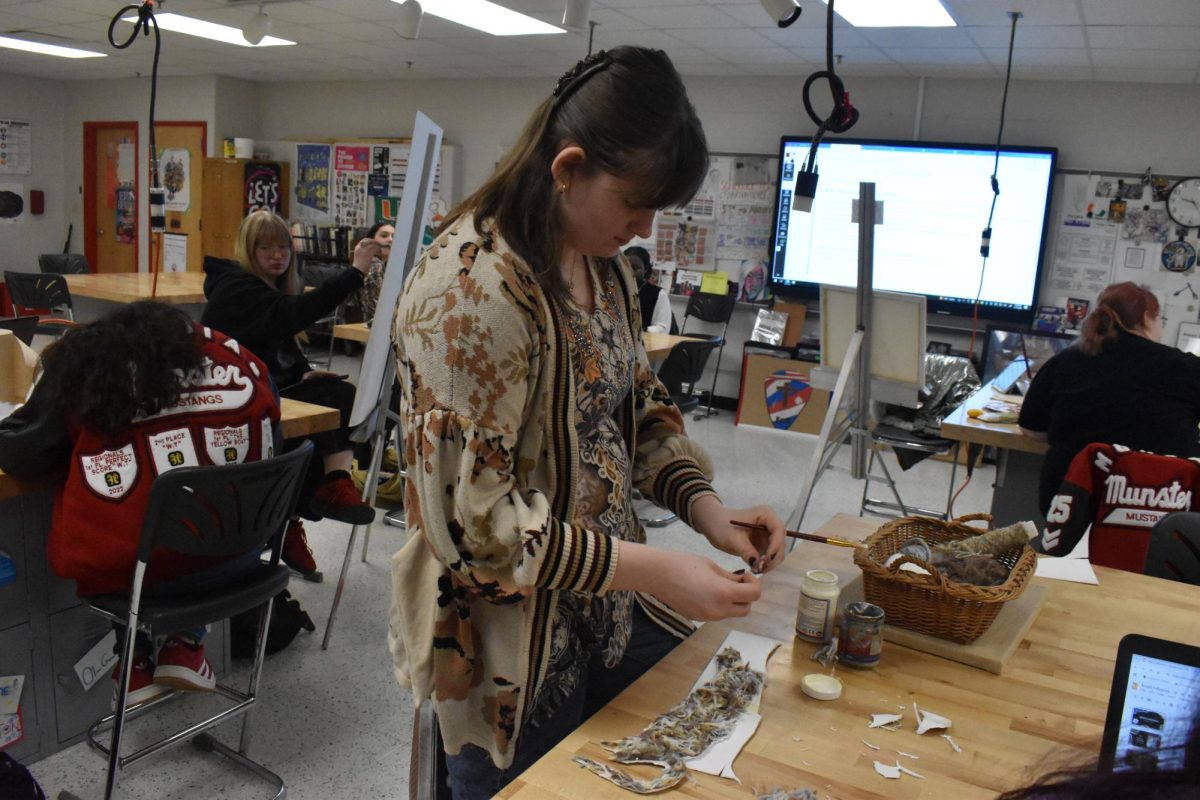


![SNAP HAPPY Recording on a GoPro for social media, senior Sam Mellon has recently started a weekly sports podcast. “[Senior] Brendan Feeney and I have been talking about doing a sports podcast forever. We love talking about sports and we just grabbed [senior] Will Hanas and went along with it,” Mellon said.](https://mhsnews.net/wp-content/uploads/2025/04/sam-892x1200.png)
